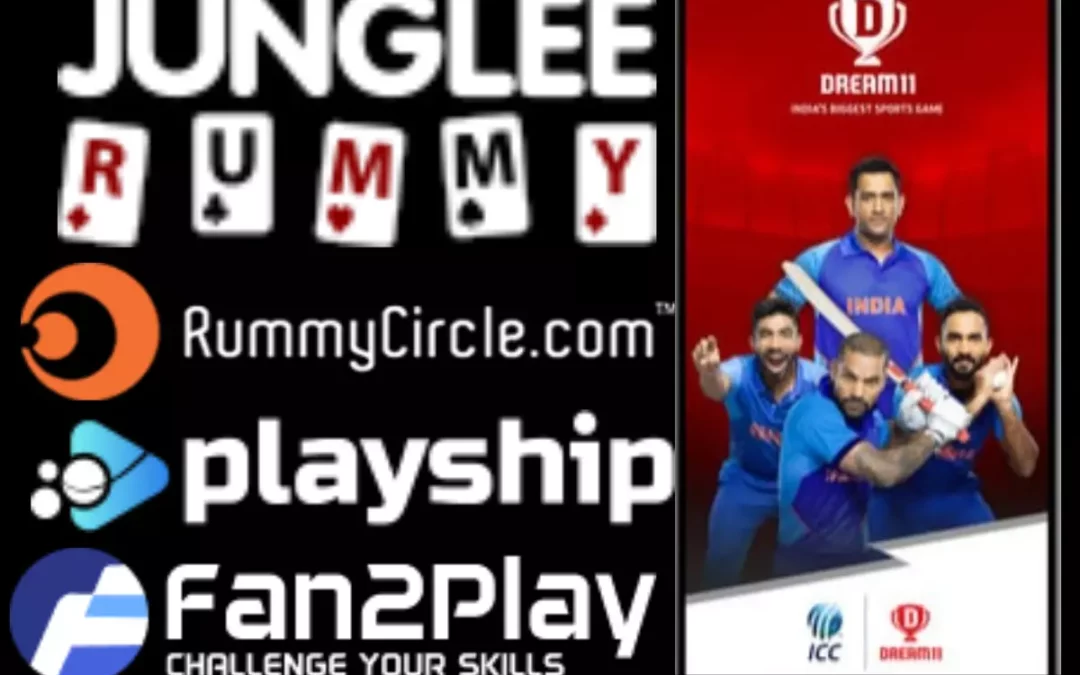Read in : தமிழ்
The recent ban on online rummy by the Tamil Nadu government has thrown the focus on online gambling affecting the lives and health of our people.
The Tamil Nadu government has decided to pass a law banning online rummy and poker. This was decided at a recent cabinet meeting headed by Tamil Nadu chief minister M K Stalin. Many young people have lost money through these online games. Lives have been lost too in the state. In November of 2020, the AIADMK government had brought an ordinance banning online rummy and poker. The governor too signed on it.
But those who operate the games such as Junglee Games went to court that granted a stay. The state government had gone to Supreme Court against the stay.
The DMK government in June 2022 said it would pass a strong law on this. It constituted a panel headed by retired Justice K Chandru. The panel submitted a report on June 27.
The school education department was tasked with conducting a survey to assess the impact of online rummy on students. Public opinion was sought. On this basis, a law was framed on August 29 and later fine tuned to become an order on September 26. With the Governor’s assent, it will become law.
Gambling thrives in many forms and the defense is that the games are one of skill, not pure chance. Card game operators, however, often get a sympathetic hearing from courts saying they are offering a game of skill and the skilled person wins. This is as legitimate as any field sport, for that matter, they say. But quite often chance plays a big role and the gambling aspect dominates. People lose hard-earned money.
The school education department was tasked with conducting a survey to assess the impact of online rummy on students. Public opinion was sought. On this basis, a law was framed on August 29 and later fine tuned to become an order on September 26. With the Governor’s assent, it will become law
The game of cricket, for instance, has always had a significant betting element going with it. In the UK, for instance, gambling on cricket is legal. The game is so uncertain that outcomes, big and small, are opportunities for punters. In India, betting on cricket is illegal and cast a shadow over IPL. Apps like Fantasy League, Dream 11 purport to be cricket apps. But their essence is gambling.
Also Read: How lottery ban came to be despite internal sabotage in police department
The apps are a tremendous success, not least because of the addictive nature of the gambling. These are offered as another game just like the game of cricket itself. Users are asked to choose a cricket team and then depending on the performance of the players in the real game, the team will accrue points. Dream 11, for instance, extends this to all games, not just cricket.
These online games have been cleared by the Supreme Court that endorsed a lower court observation that the game involves skill more than chance. Courts have viewed online rummy also similarly.
Online fantasy cricket is also addictive. Users talk about being drawn in and slowly get addicted to it. But, rarely do critics of online rummy apply similar logic to online fantasy cricket.
Fantasy League or Dream 11 did not carry any disclaimer initially. But as revenues started pouring in, so did reports of money lost by users. Then disclaimers were put to absolve the companies of any liability and advising user discretion
The difference is that fantasy cricket as an industry is worth billions of US dollars. Dream 11, for instance, is the first Indian gaming company that is a unicorn, which means it has drawn investment of more than $1 billion. Dream 11 sponsors the main match itself. Celebrities including MS Dhoni endorse it during IPL, giving it a certain legitimacy. Dream 11 was the main sponsor of IPL in Dubai. The BCCI has endorsed this initiative.

Rahul Dravid is among the few cricket celebrities who have not endorsed the fantasy cricket apps
In Fantasy League ads, Sachin, Dhoni and Ganguly have acted. Rahul Dravid is probably the only big player who has not endorsed these apps.
Prediction and betting on money is at the core of these apps. But they also deliver cricket news, analysis, expert opinion and so on.
Also Read: IPL: Where CSR is softening image of crass commercialism
Fantasy League or Dream 11 did not carry any disclaimer initially. But as revenues started pouring in, so did reports of money lost by users. Then disclaimers were put to absolve the companies of any liability and advising user discretion.
Cricket has often drawn dodgy sponsorships. Wills, the cigarette maker, was a big backer several decades ago. Cricketers would wear shirts with bold Wills logos on them, giving the company valuable publicity since cigarettes could not be officially advertised in media. Later, Coke and Pepsi backed cricket matches. When these endorsements were met with public disapproval, they stopped.
If the TN government is taking a moral position against these games, then that moral position should apply to these fantasy cricket apps as well. Many states in India have acted against these apps.
Read in : தமிழ்











